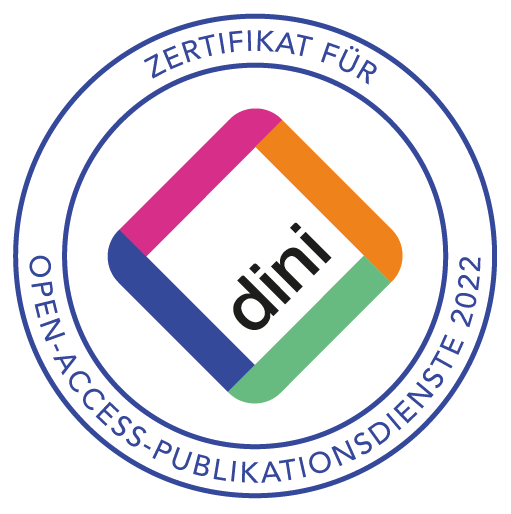Land-use Planning Recommendations - Adaptation Strategies for a Changing Climate in Ho Chi Minh City, Vietnam: Summary for Decision-Makers
- Urbanisation is an extreme case of land-use change. The geographical patterns of urban expansion of a city have a direct relationship with its environmental quality, particularly water flows, flooding and urban thermal stress. A key question for urban policy and planning is how to direct these changes in ways that minimise environmental impacts and risks. Since many of the main impacts of climate change in Ho Chi Minh City additionally exhibit a land use dimension, such as the increased frequency of urban flooding events or the intensification of the already existing urban heat island effect, land-use planning and land-use controls can be seen as the most appropriate adaptation management strategy.
These recommendations have been developed under the German Ministry for Education and Research Funded research project ‘‘Integrative Urban and Environmental Planning for Adaptation of Ho Chi Minh City to Climate Change” which is funded as part of the research programme ‘‘Sustainable Development of the Megacities of Tomorrow’’ by the GermanUrbanisation is an extreme case of land-use change. The geographical patterns of urban expansion of a city have a direct relationship with its environmental quality, particularly water flows, flooding and urban thermal stress. A key question for urban policy and planning is how to direct these changes in ways that minimise environmental impacts and risks. Since many of the main impacts of climate change in Ho Chi Minh City additionally exhibit a land use dimension, such as the increased frequency of urban flooding events or the intensification of the already existing urban heat island effect, land-use planning and land-use controls can be seen as the most appropriate adaptation management strategy.
These recommendations have been developed under the German Ministry for Education and Research Funded research project ‘‘Integrative Urban and Environmental Planning for Adaptation of Ho Chi Minh City to Climate Change” which is funded as part of the research programme ‘‘Sustainable Development of the Megacities of Tomorrow’’ by the German Federal Ministry of Education and Research (BMBF) in close cooperation with the Department of Nature Resources and Environment, Ho Chi Minh City.
The main objective was to respond to the needs of the Department of Nature Resource and Environment, Ho Chi Minh City by providing guidance and recommendations that can be used by land-use planners and policy makers to reduce the potential adverse effects of both urbanisation and the current and future effects of climate change. The recommendations have been compiled as a stand-alone document that can be read and understood on their own, however they also contain references to the additional document entitled “Land-use Planning Recommendations - Adaptation Strategies to a Changing Climate in Ho Chi Minh City” referenced within this document as LUPR.Eleven specific focus areas were selected (labelledfrom A to K) in combination with the Department of Natural Resources and Environment. For each area the current situation is described and detailed planning recommendations are provided.…




 Keine Lizenz vergeben. Es gilt das deutsche Urheberrecht.
Keine Lizenz vergeben. Es gilt das deutsche Urheberrecht.

